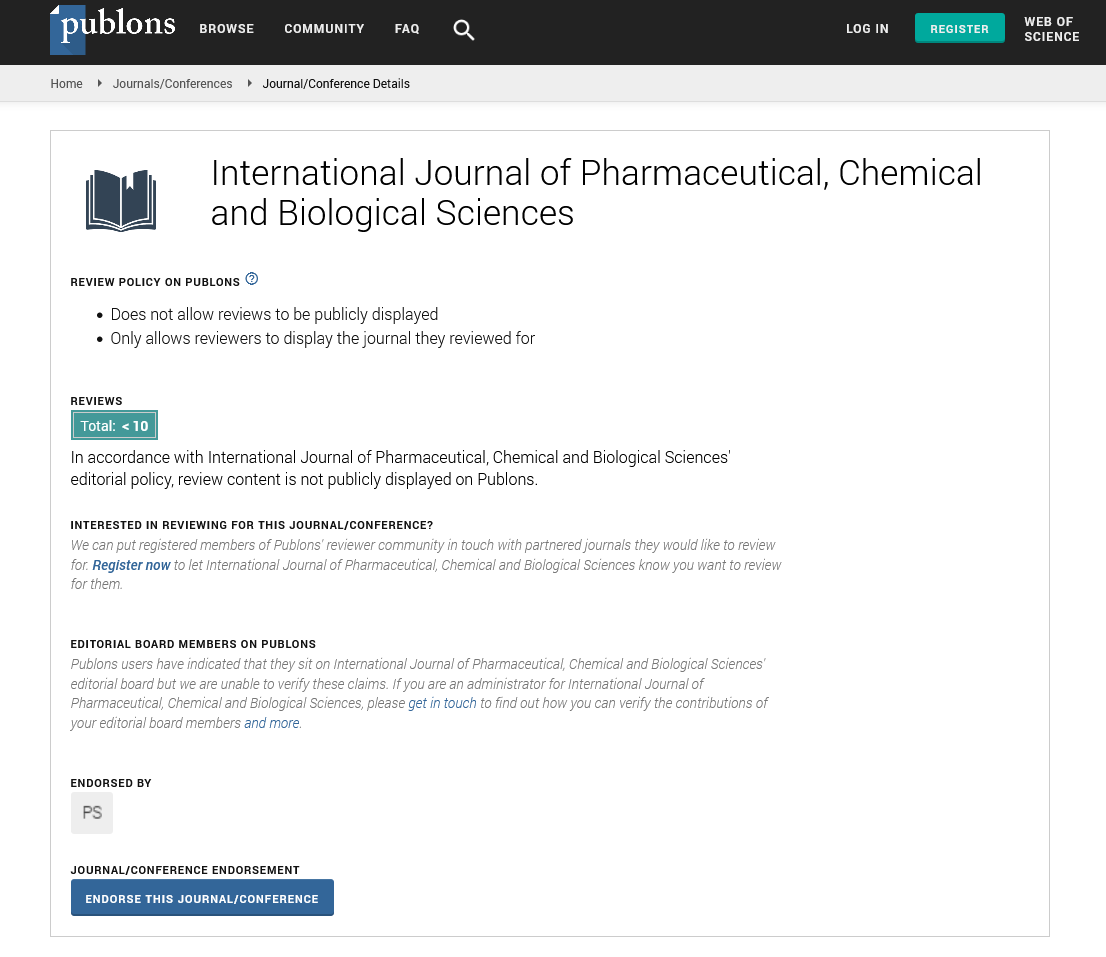Abstract
Author(s): Ankita Wali*, Ganesh Bhat, Aditya Shetty, Shishir Shetty and Mithra N Hegde
The Inferior Alveolar Nerve Block does not always result in successful pulpal anesthesia and therefore has a poor success rate in patients with irreversible pulpitis. An enzyme called “HYALURONIDASE”; a component of the extracellular matrix, temporarily cleaves the 1,4-beta glycosidic bond of hyaluronan and reduces the viscosity of the tissue, enhancing early onset of akinesia.In this prospective, randomized, double-blinded study, 32 healthy patients with irreversible pulpitis were divided into 2 groups. The control group was administered inferior alveolar nerve block using lidocaine with epinephrine. The experimental group was administered Hyaluronidase along with lidocaine with epinephrine. The duration of effect on the pulpal tissues was evaluated by response to electrical stimuli applied to the affected tooth. On interpretation of ‘T’ test, there was a statistically significant difference in the onset of ankinesia in the two groups with a ‘p’ value of <0.001 . The control group showed a mean of 3.5, whereas the study group showed a mean of 2.237.The results of the present study showed a statistically significant increase in the onset of the inferior alveolar nerve block when administrated with Hyaluronidase compared to plain Lidocaine with Epinephrine.

